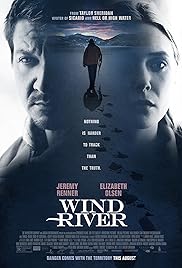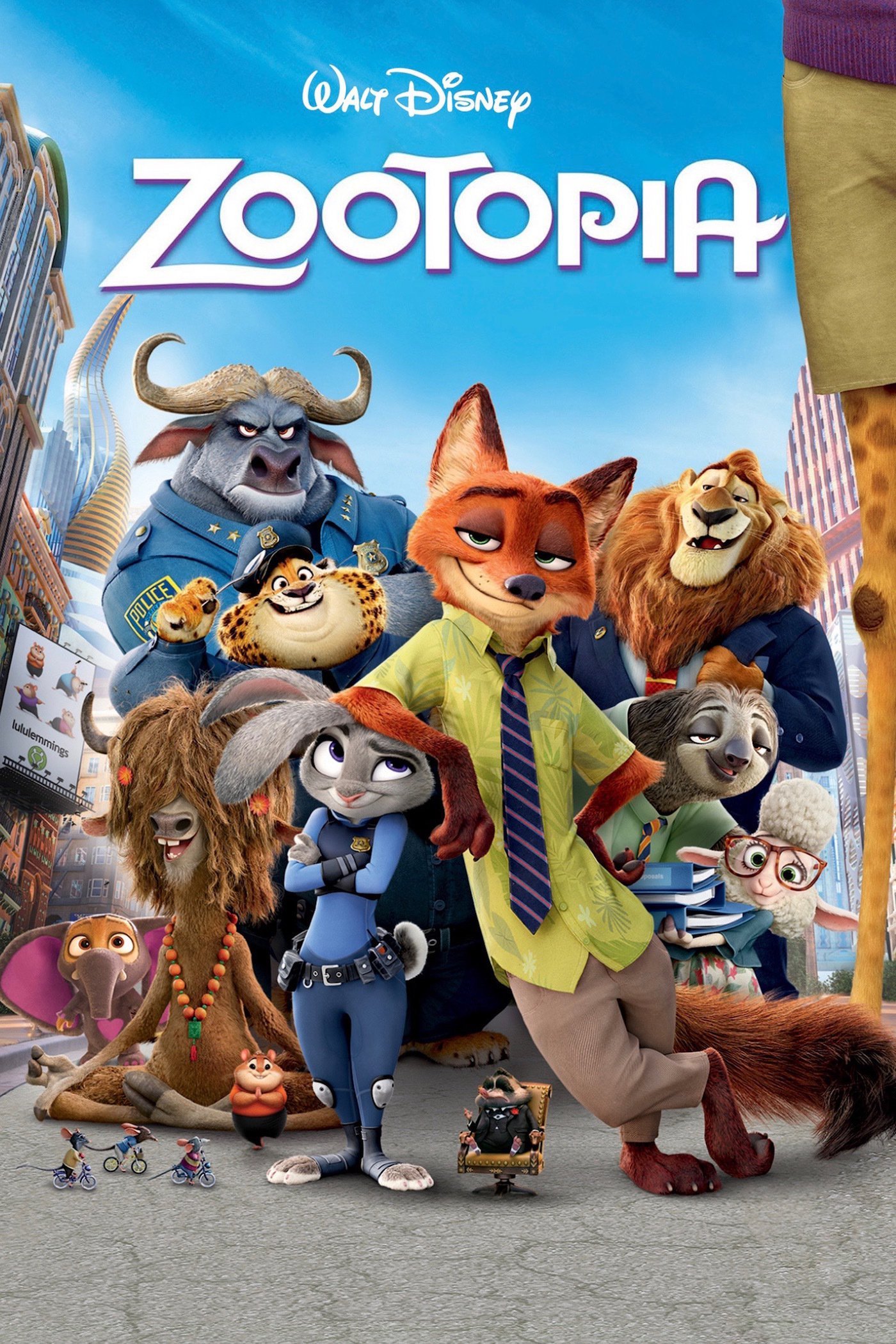The film Inkheart sort of slipped under my radar. One or two advertisements for the movie might have caught my eye, but they didn’t really stick. When it comes to the visual media this blogger consumes, she tends to be a bit picky.
Seeing that Brendan Fraser had a good part in a new movie made me happy. While I am a big fan of his George of the Jungle film, he seemed to get stuck with the goofy, inept role more than serious parts, one of which he managed to land in the original Mummy films. Prior to Inkheart, the last thing I think I saw him in was the movie based on Jules Verne’s Journey to the Center of the Earth. And while he was not bad in it, the movie once again leaned more toward the silly and less toward the honest, manly parts he could play if given the chance.
Due to my lack of interest in cinema at the time, Inkheart flew by me. I did not go to theaters to see it and barely registered its existence. Fortunately, a relative who pays more attention to which movies are coming out when grabbed it and made sure I saw it on DVD. To say I am grateful for this would be an understatement.
Inkheart follows Meggie and her father, Mo (Brendan Fraser). The itinerant father-daughter team travels around Europe so her father can repair old books. They live in a camper and never stay in one place for long, meaning Meggie has more friends in her collection of books than she does in real life. Her father will not talk about her mother, who seems to have left when their daughter was a very young girl.
While waiting for her father to finish searching an old bookstore, which has called him in both for his services and because they have something he wants, Meggie is approached by a scarred man and his horned ferret. The stranger warns her not to pet the animal, stating that he bites. He also seems to recognize her, but she does not remember him. The man says he is not surprised at that, since she was very young when they first met. It only makes sense that she would not know him.
Then Mo comes out of the store to collect her and stops cold as the stranger addresses him, calling him “Silvertongue.” Mo tells a very curious and disturbed Meggie to get back to the van. Once she is out of earshot he has an intense discussion with the stranger, known as Dustfinger, who demands to know if he “has it.” He also warns Mo that a man named Capricorn wants it, too, and he’s getting closer to locating both the book mender and his daughter.
A furious Mo hits Dustfinger and breaks away from him, only to find that Meggie has come back to get him. Reminding her that he told her to go to the van, he tugs her in that direction himself. The two hop in and peel out of town as a frustrated and angry Dustfinger watches them go. Frightened and upset herself, Meggie presses Mo for answers. Rather than offer any, he simply states they are going to stay with her Great Aunt Eleanor for a few days.
Great Aunt Eleanor proves to be an opinionated old lady not at all interested in hosting a child, though she cuts her grand-niece’s father some slack. She also holds that Meggie’s mother ran off and abandoned both her and Mo. Upset, Meggie leaves to go for a walk, prompting Mo to chase her down. When she asks if her mother really did run away from them, her father states that she would never, ever do that. But he also offers no explanation for why she isn’t with them.
That night, Dustfinger shows up at the house. But this time, he has Capricorn’s thugs in tow. They take over the house, earning Eleanor’s ire for destroying her priceless collection of manuscripts and books. When the three are taken to Capricorn it is revealed that he, Dustfinger, and a majority of his thugs are all characters from a book Mo was reading to his wife and daughter when Meggie was about four.
Mo is finally forced to admit to his daughter and his aunt that he is a Silvertonge, someone who can read aloud so well that he can literally bring the characters to life in the real world. But this talent has a price: reading someone or something out of a novel means that someone or something from the real world is sent in to the book. Meggie’s mother entered Inkheart when Dustfinger, Capricorn, and his chief henchman Basta were read out of it.
Now the family has to find a way to rescue Meggie’s mother and prevent Capricorn from unleashing his greatest weapon on the real world. Unlike Dustfinger, he does not want to return to the world of Inkheart. He wants to rule this world, which has fewer obstacles for him than his homeworld. But when Meggie proves to have her father’s gift, things get complicated really fast as time begins to run out for everyone.
I would be lying if I didn’t say I loved Inkheart primarily for the lead actors’ performances. Brendan Fraser gets to play a role straight, with no jokes at the expense of his or his character’s manhood. He is a father determined to find his wife and to protect his daughter, and it shows in every scene where he appears. You can feel his anger, desperation, and the love he has for his family every time he appears onscreen.
Paul Bettany almost steals the film from under Fraser’s nose, walking away with the character of Dustfinger like he owns him. Which he might; the guy can act, and the role of Dustfinger demands an actor who can vampirically pull the breath out of a scene and shove it in the audience’s face. After seeing him in this movie, I was ecstatic to learn that he would be playing Marvel’s Vision in the MCU. The guy is a fantastic performer, bar none. If you are a fan of Bettany and have not seen this movie yet, do not wait. Pick it up and watch it – yesterday!
Andy Serkis delivers on his signature crazy villain act while playing Capricorn. He does not rerun his Gollum shtick, though; he simply eats up the scenery as a whacked-out criminal. You can feel how much fun he is having with this role. I just wonder why he has not been cast as DC’s Joker yet. The man would eat such a film alive!
Helen Mirren also does her fair share of scenery chewing as Great Aunt Eleanor. This has to be one of the nicer, better roles I have seen her in, and it is a shame they do not give her more like this. She could bring the house down playing opinionated old bats with hearts of gold, just like she did here.
The younger members of the cast, who play Meggie and her boyfriend, are good but they do not quite rise to their adult co-stars’ level. They are capable – well above average, from what this blogger has seen over the years. But the adults’ work enhances and buoys the youths’ in this film, showing how far they can go with a little more time and seasoning.
Well, that about sums up my opinion of Inkheart the film. Considering how good the film was, I hunted down and read the book, along with its sequels. Unlike my experience with Howl’s Moving Castle and its follow-up tales, however, Cornelia Funke’s original story left much for me to desire, which means that I cannot honestly recommend it to anyone else. If you have read it and like it, great; if you want to read it and think you can like it, excellent! Despite this writer’s best efforts, she couldn’t do either.
So find yourself a copy of Inkheart, settle down on the couch, and give it a view. There is no need for you to take my word on how good this movie is. I don’t know if it won any awards, but is should have!
‘Til next time!
The Mithril Guardian




































